Emergencies happen. They can put a severe dent in our budget and our lives. It may mean reaching for your credit card to pay an unexpected bill when you don’t have access to liquid money. You may not have gotten around to setting up an emergency fund. Make it your priority for urgent and unexpected needs and protect yourself from cash squeezes when facing immediate financial pressures. We discuss nine reasons why you need to have a cushion for emergencies.
What Is An Emergency Fund?
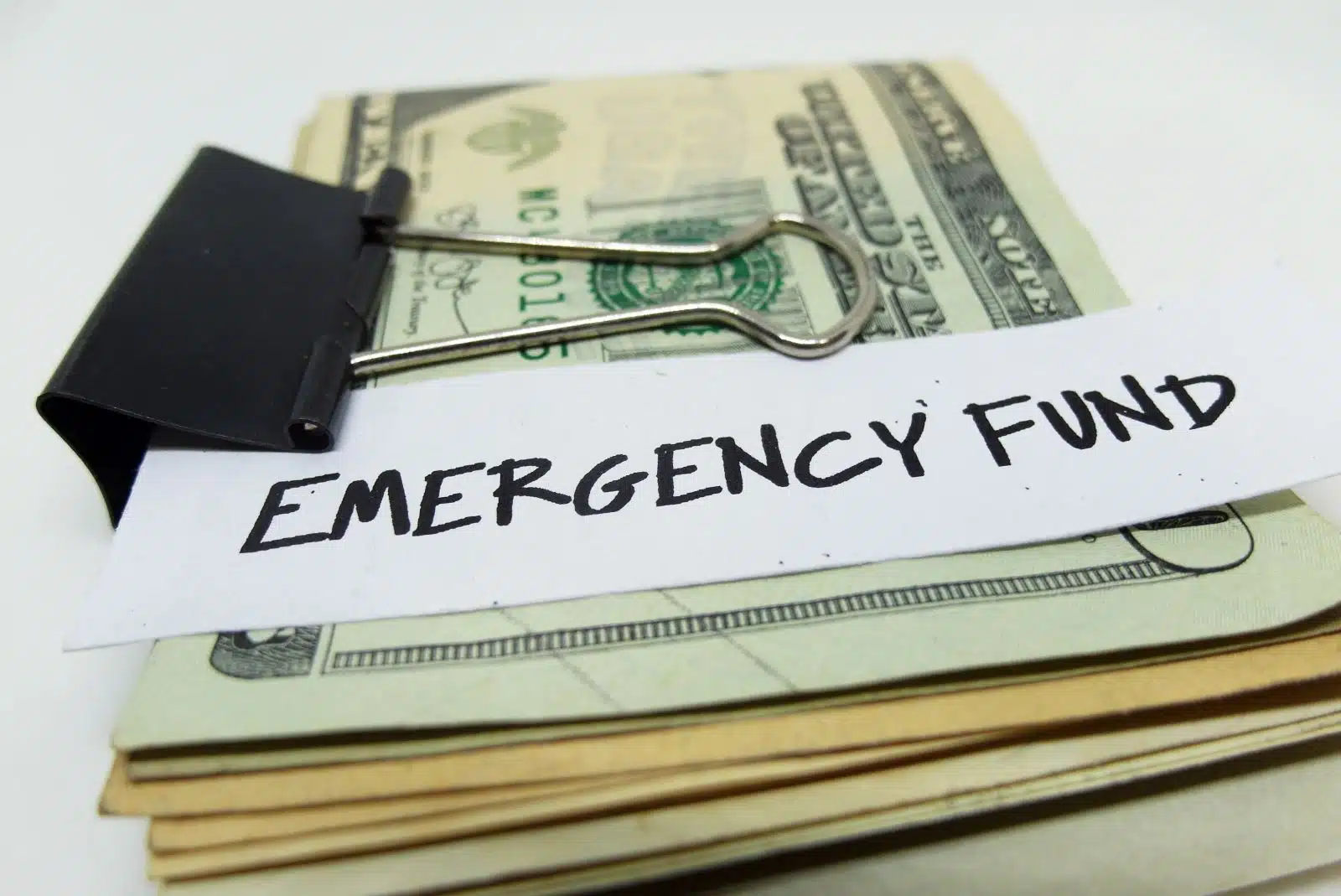
According to a recent Bankrate survey, about four of five households haven’t increased their savings in 2023, as high inflation and higher expenses have prevented people from saving money. Only 44% of Americans can cover a $1,000 emergency from their savings.
An emergency fund is a financial safety net for unexpected expenses that are necessary and urgent. The amount in the account depends on your basic living expenses and lifestyle. If you don’t have one, create your emergency fund gradually, adding money to cover your family’s basic living needs for three to six months. While unemployment remains relatively low, that can change, with some predicting a recession in 2024.
1. Examples of Unexpected Events

- Dental bills for root canal surgery
- Job losses
- Emergency pet care
- Home repairs like your roof from a sudden storm
- Car repairs after hitting a deer
- Emergency room visits
- Significant health expenses for surgery
We have experienced most of these unforeseen events; sometimes, they happen simultaneously. Without readily available liquidity, it can be costly to use your credit card to pay for if if you have no other means.
2. Avoid Adding Debt

When faced with unexpected expenses, tapping your emergency fund is much more cost-efficient. Thanks to the Fed, consumer interest rates are high and not expected to come down until mid-2024. It takes time to get a personal loan, and borrowing rates have increased for all loans. If you regularly pay your monthly credit card balance in full, then putting unforeseen expenses on your card may make sense, but consider it a last resort. Interest charges on credit cards at at their highest levels in decades.
3. Insurance Doesn’t Cover Everything

For some unexpected events, you may rely on insurance to cover unexpected costs, such as medical expenses. However, insurance may not cover your whole bill, and there may be a deductible amount you have to pay. Insurance is always great, but you may be surprised about what is not covered by your plan.
4. Forced to Sell Something
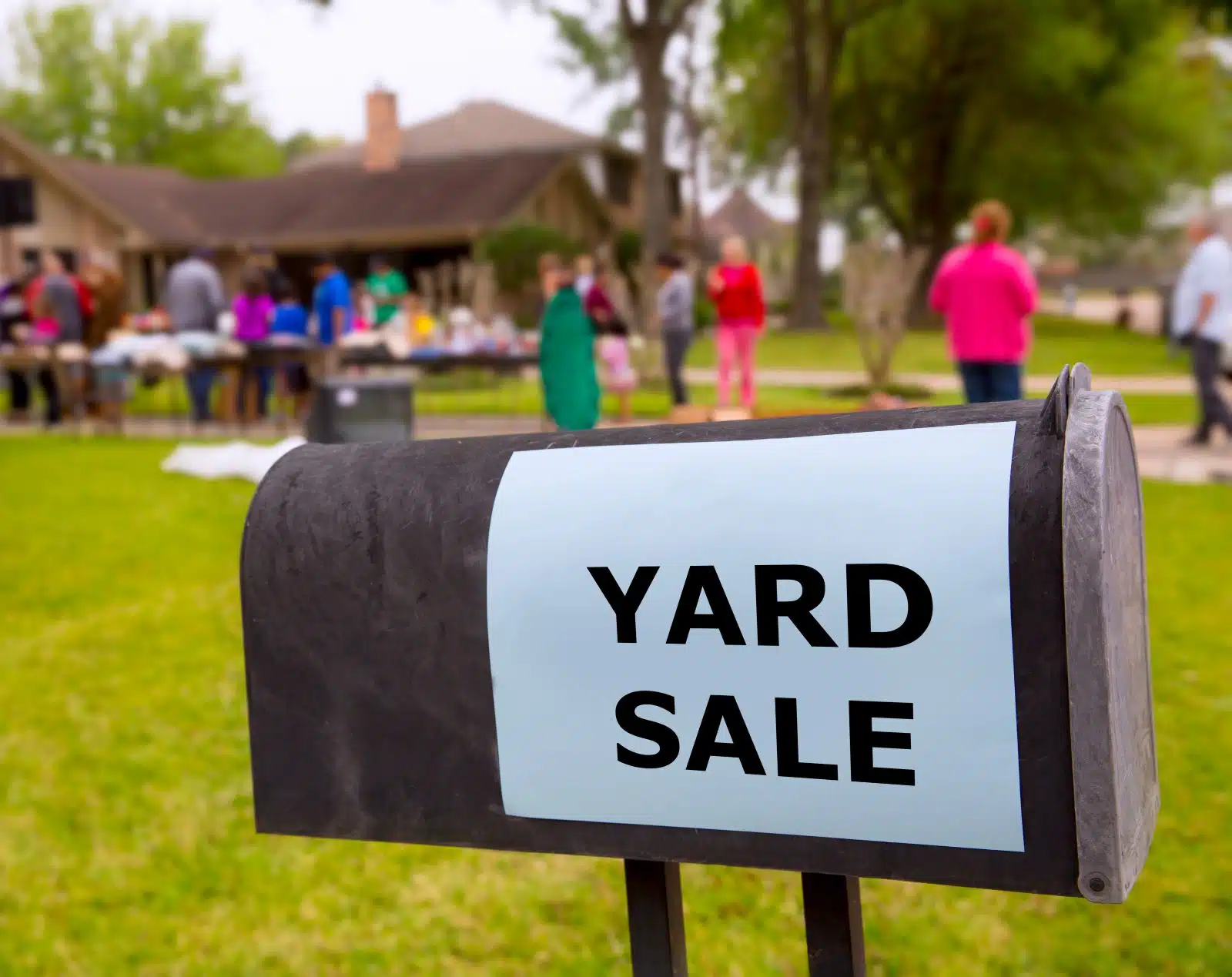
Even if you have investment and retirement accounts, you may not want to tap them, especially in a volatile market. On the other hand, personal property, including cars, land, jewelry, art, and antiques, are not liquid assets and should not be relied on for raising cash and may have sentimental value. Having a separate financial account for emergencies is more feasible.
5. Don’t Withdraw Money From Accounts for Your Future
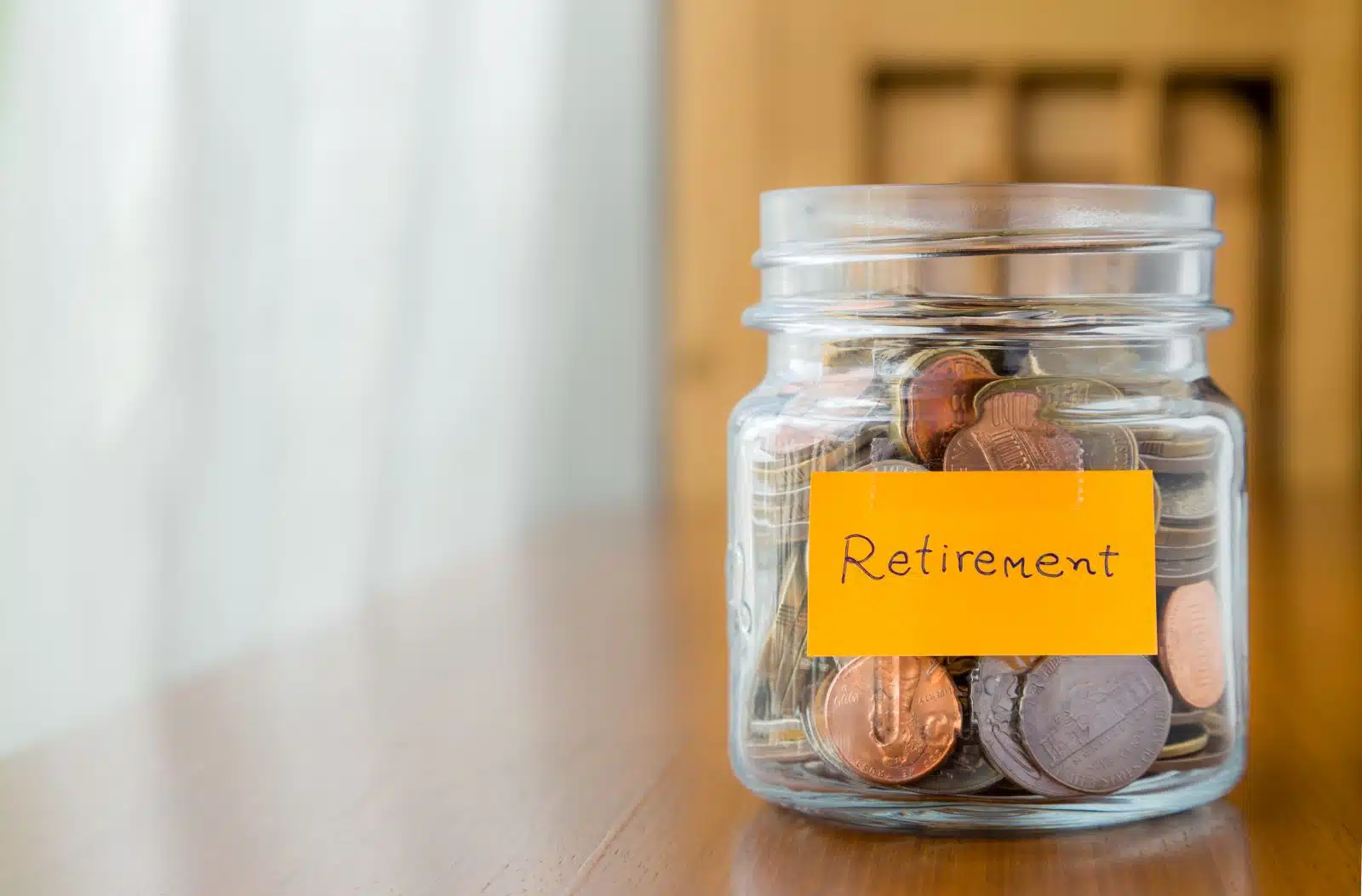
You don’t want to withdraw from savings accounts meant for future needs, like 529 savings accounts for college tuition or retirement accounts. These accounts have specific purposes and are beneficial for their compounding growth and tax-deferred advantages. Tapping these accounts may trigger penalties and paying taxes on the amount withdrawn.
6. Consult A Financial Advisor

If you don’t have an emergency fund, you may consider borrowing against your employer-sponsored 401K account if your employer allows this. This should be your last resort. However, it’s still complicated to borrow from your 401K account and should be a last resort to pay for emergency costs. You may want to consult a financial advisor.
7. Lost Your Job

The loss of a job within a household can be detrimental. Attaining a new position depends on the economy, time of year, the person’s qualifications, experience, demand for skills, potential pay cut, a geographic move (which adds more costs), and age factors.
The duration of unemployment significantly expands during weak economies. As the national unemployment rate rises, your job search will take longer. During the Great Recession, unemployment lasted much longer, and many workers took pay cuts, temporary jobs, or part-time gigs. An emergency fund that lasts several months can be a huge relief.
8. Financial Support For Aging Parents

Taking care of aging parents is something many of us do. If we’re facing an unexpected emergency, we can’t stop caring for them. Their medical conditions may worsen unexpectedly. You may want to establish a larger emergency fund to ensure seamless care.
9. Peace Of Mind

Having some money available for emergencies gives us all peace of mind. As sure as death and taxes, unexpected events will occur, and we may not have the money for unforeseen costs. Build your emergency fund to meet that financial burden. The event on its own will likely cause us a lot of stress.
So, making financial arrangements will help us have the liquid funds to pay those costs. Having financial flexibility is having the financial ability to pursue your goals purposefully. It also allows you to take advantage of opportunities as they present themselves during your life. That is peace of mind. Having an emergency fund will help you get it.
How Much Should I Have In My Emergency Fund?
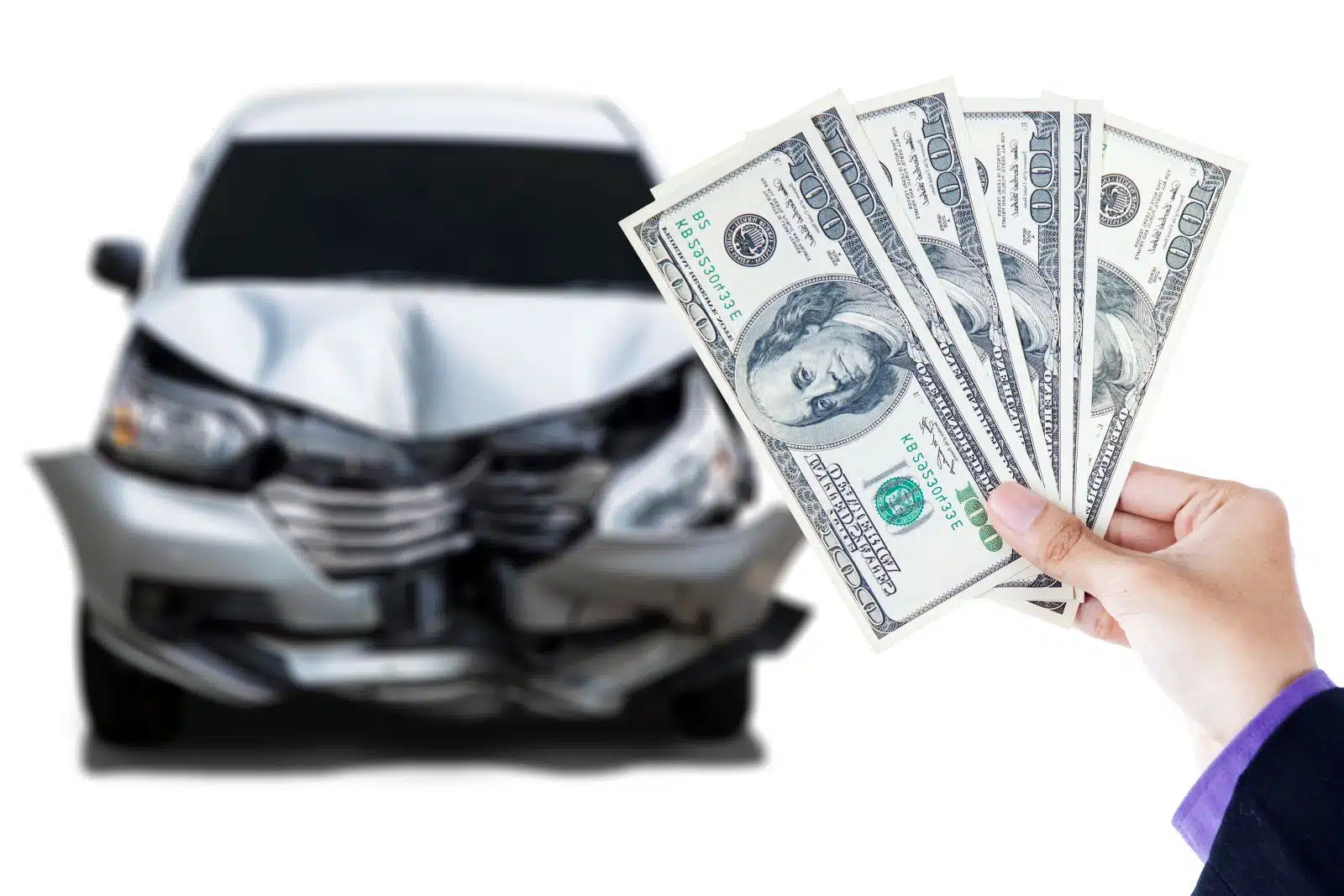
Your goal is to have an emergency fund that will cover at least three months of your basic living needs, which include your monthly bills for food, rent or mortgage, utilities, transportation, insurance, pet care, and other needs you can’t postpone. Your cushion should address your household amply regarding the number of dependents, and consider increasing funds to cover six months, significantly if the economy slows down.
Set Aside Savings For Emergencies
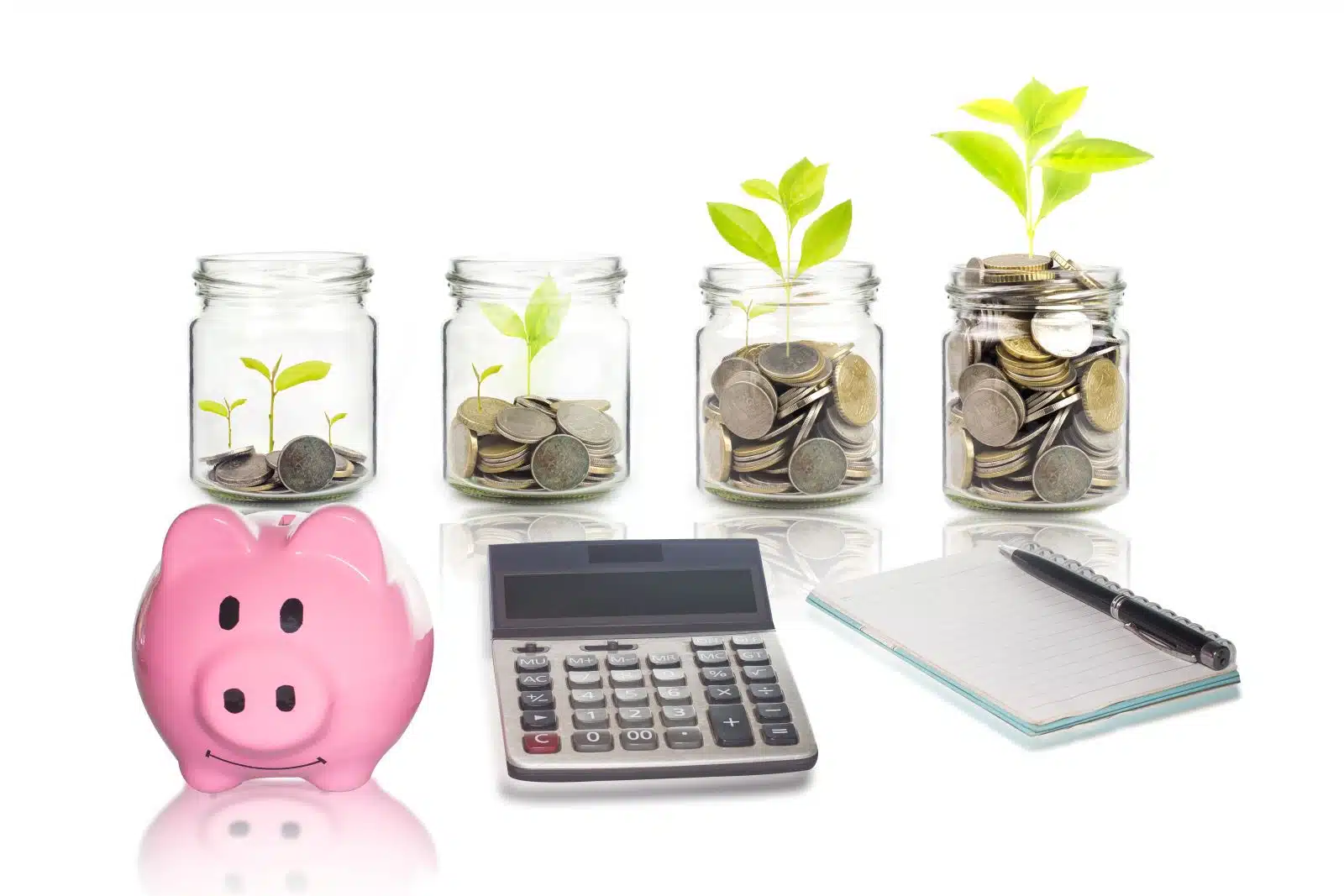
Start saving small amounts by decreasing your unnecessary expenses. Saving is a good financial habit. You should budget for 10% to 20% of your income going into savings. Part of those dollars should go towards unexpected needs.
Increase Income

To save money, you may consider making more money by working more hours, asking for a raise, selling unwanted things, or monetizing a hobby.
Automate Your Savings
Photo Credit: Deposit Photos
Once you set up an emergency fund, you should automate your deposits into your savings account. You can set recurring transfers through your bank or credit union so money can be moved from your checking account to your emergency savings account or other savings accounts.
Review Your Budget

Like your emergency fund, creating a budget is essential to managing your money. Sometimes, you’ll need to have a tight budget and be more frugal. Make sure that you have a line item for emergency savings. When you need to withdraw funds for unexpected events, you must increase your savings. Track your spending and savings through your budget.
Replenish Your Emergency Fund
Photo Credit: Deposit Photos
Once you withdraw money from your emergency savings account, replenish it to the targeted amount. You never know when you have an unexpected event, but you always want to be prepared for it.
Invest Your Emergency Funds In Liquid Assets

Are you convinced now of your need for an emergency fund? I hope so! Where should you invest your emergency funds? Your emergency fund should be in readily available liquid assets. Liquidity means the ability to convert into cash with little or no loss of principal value. That said, you will lose money to inflation each year by leaving your money in cash. Ideally, you want your emergency fund account to keep pace with the inflation rate. Fortunately, banks are paying higher interest yields these days after years of low yields.
1. High Yield Saving Accounts

The average savings account in banks pays minimal interest of 0.40% APY or annual percentage yield. This return is not very exciting, though better than keeping emergency funds in your checking account.
A better place is high-yielding savings accounts, whether a financial institution online or at the bank. They generally come with low fees or without fees, depending on whether there is a minimum amount required to be kept in the bank. Importantly, your account is insured up to $250,000 at banks by the Federal Deposit Insurance Corp. (FDIC), providing safety and interest for your account.
According to Bankrate, the best high-yield savings accounts in November 2023 range from 4.40%-5.00+%. Today, these amounts are far higher due to the Fed raising its fed funds rates to 5.25%.
2. Money Market Accounts
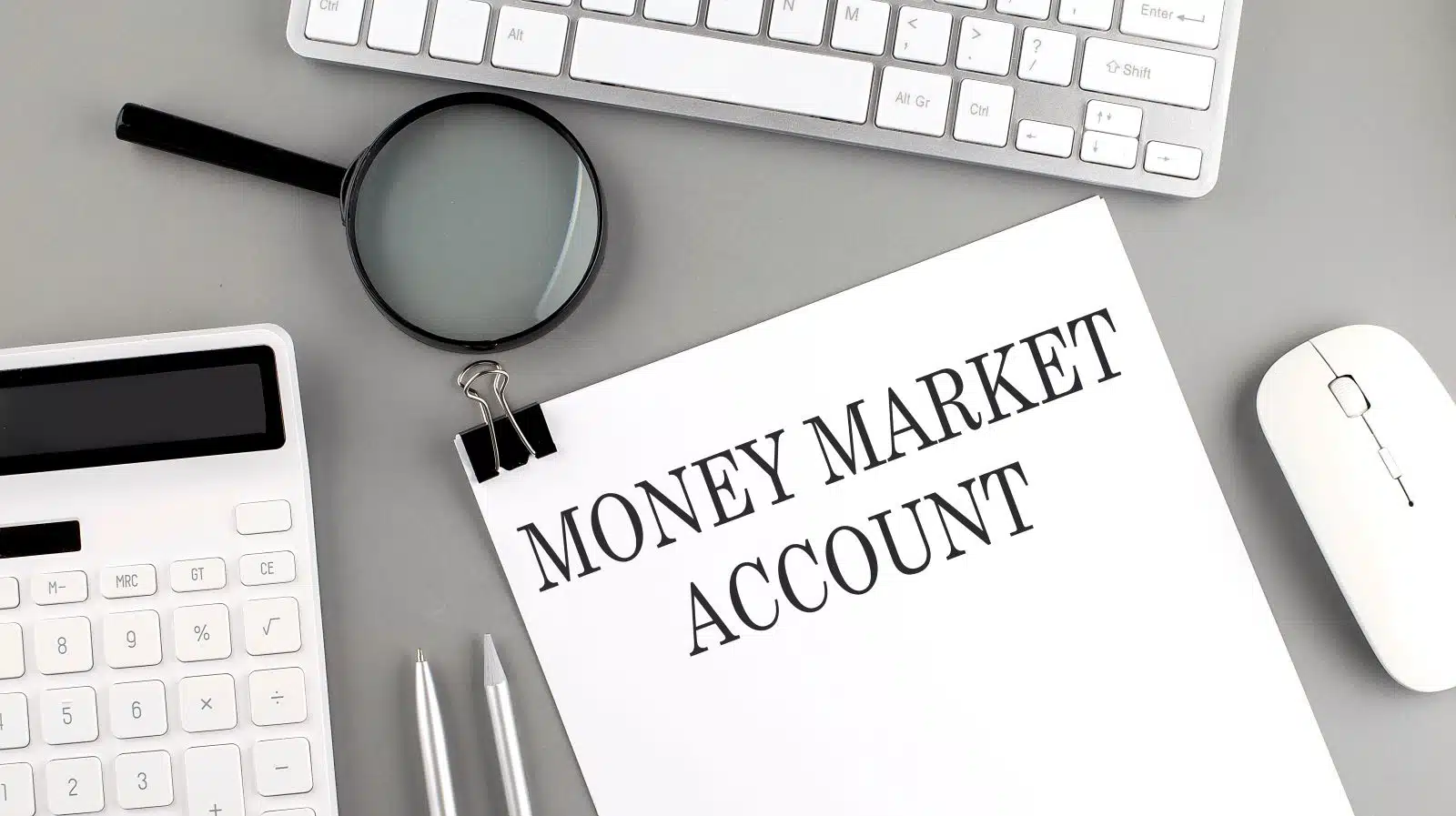
Another choice is Money Market Deposit (MMA) accounts consisting of low-risk, short-term (one year or less in maturity) money market securities like treasury bills, commercial paper, and certificates of deposits known as CDs. They are a type of savings account that is FDIC-safe and provides interest rates of 5.0%. Some offer debit and ATM cards along with check-writing abilities. There may be minimums and low fees.
3. Money Market Mutual Funds

Money market mutual funds are similar to a money market account as they both contain money market securities. However, investigate sponsored mutual funds by an investment fund company. These funds do not have FDIC protection. They issue shares to investors and are yielding about 5.30%. The Securities Exchange Commission (SEC) oversees the funds. You can buy a fund containing all government securities, like virtually risk-free treasury bills.
4. CD Accounts
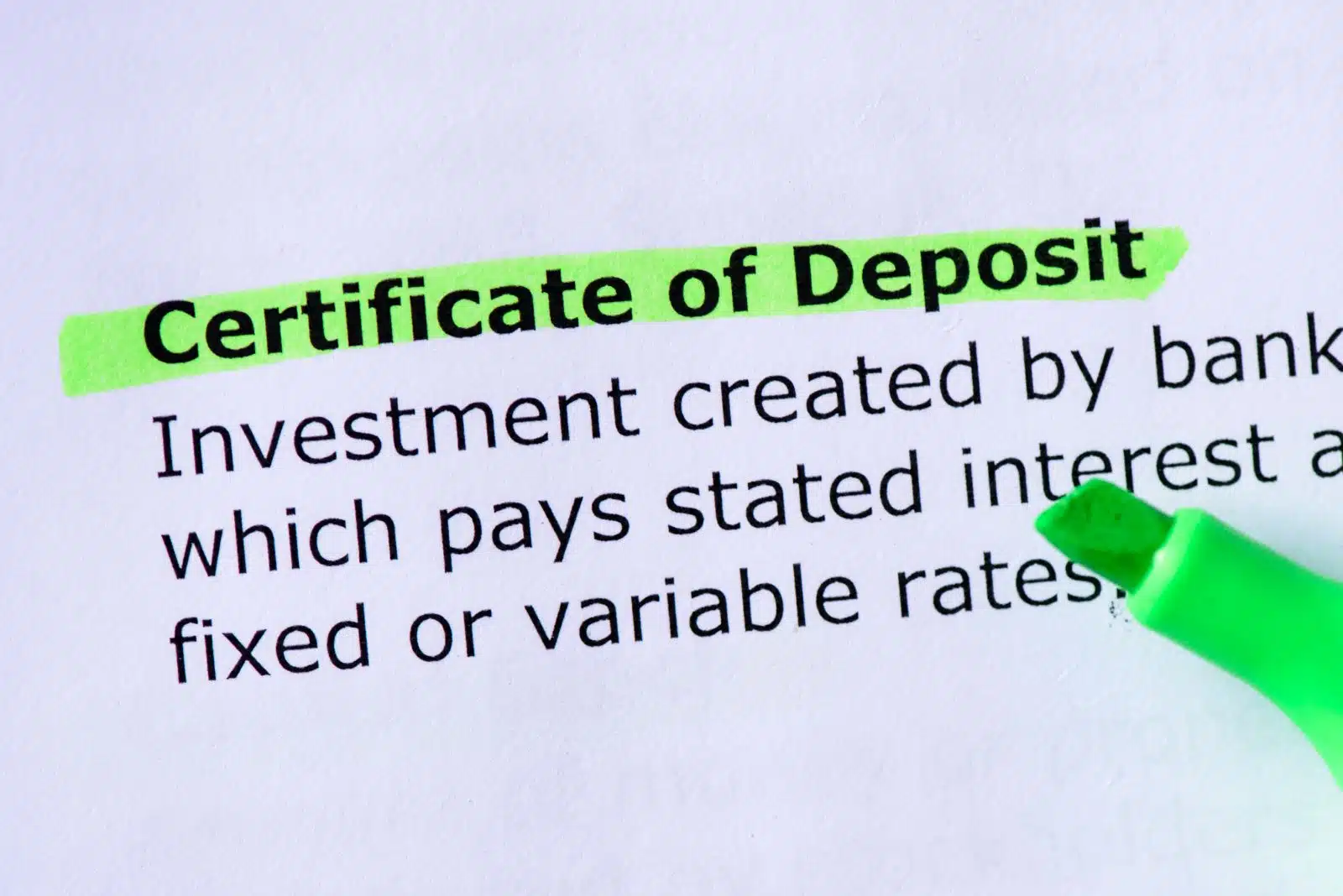
You may want to consider a CD account rather than a mix of money market accounts, including virtually risk-free treasury bills. A CD account may provide higher interest rates than a mix of money markets and are FDIC-insured.
Buying CDs may reduce your access to this money for some time. They are typically from 3 months-1 year but can go as long as five years. Don’t get locked into five years. The longer the time frame, the higher the interest rates. However, if you need access before the maturity date, you may face penalty fees that defeat your emergency fund’s goal.
What Is Not A Good Place To Invest
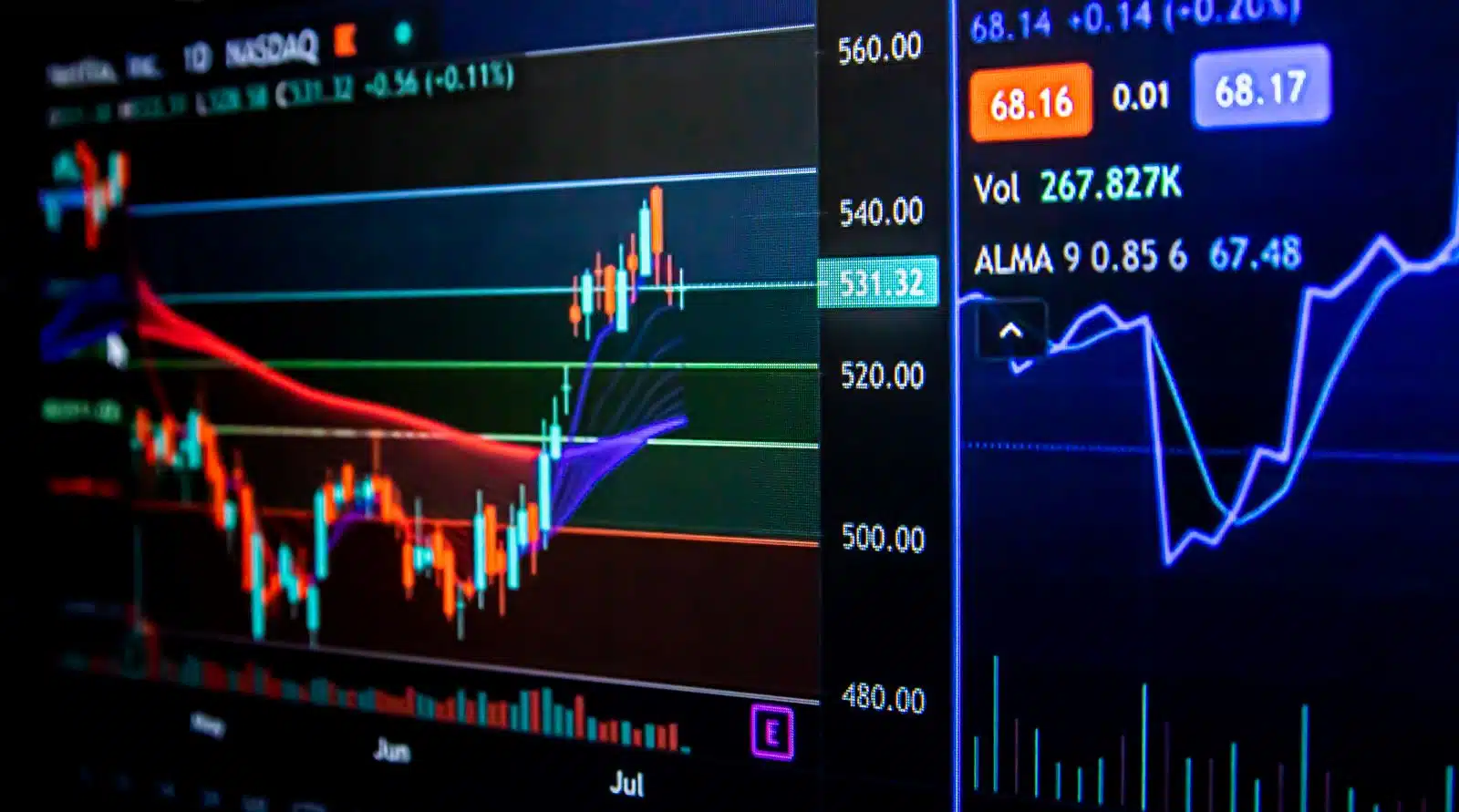
It is not good to invest your emergency funds into stocks, especially growth stocks, because of their inherent risk factors. Growth stocks have higher risk/higher returns and are volatile. They are significant investment assets when you have a long horizon. However, you don’t want to withdraw funds from stock investment accounts during a market downturn.
High-quality corporate bonds are usually less volatile and provide lower risk/return than stocks. You also want these securities long-term and do not necessarily rely on them for raising cash.
Hi There!
With a passion for investing and personal finance, I began The Cents of Money to help and teach others. My experience as an equity analyst, professor, and mom provide me with unique insights about money and wealth creation and a desire to share with you.

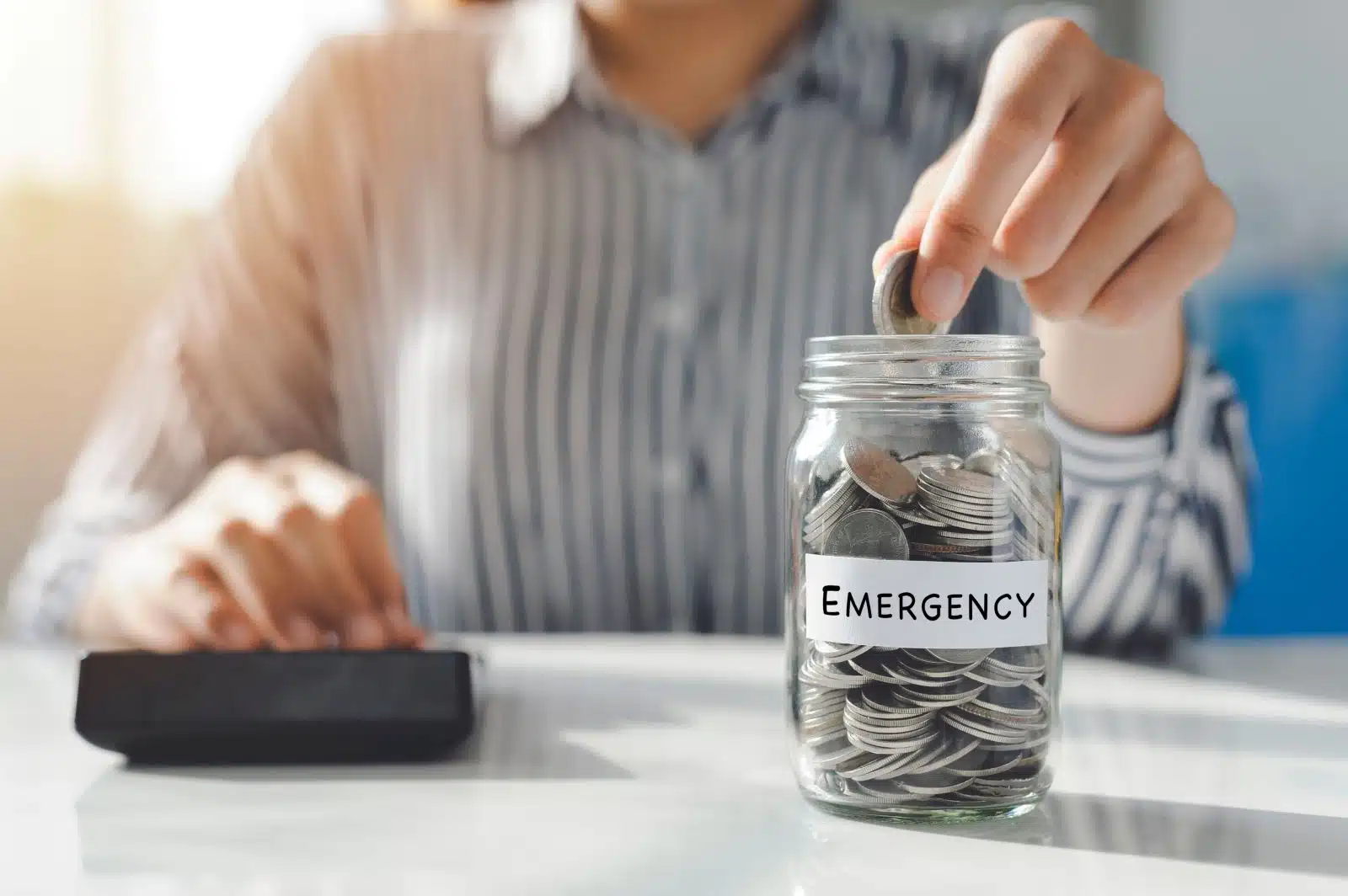
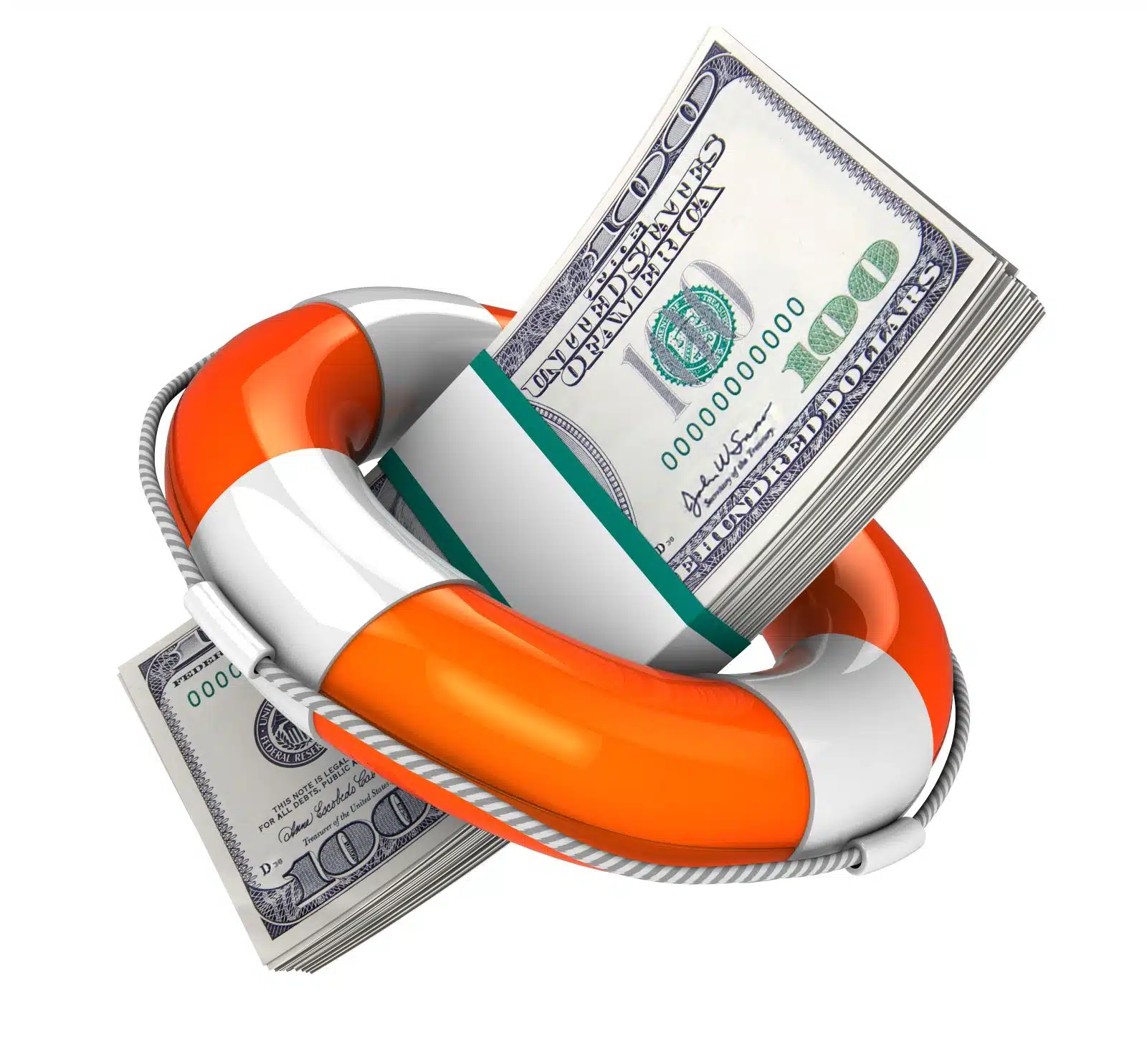
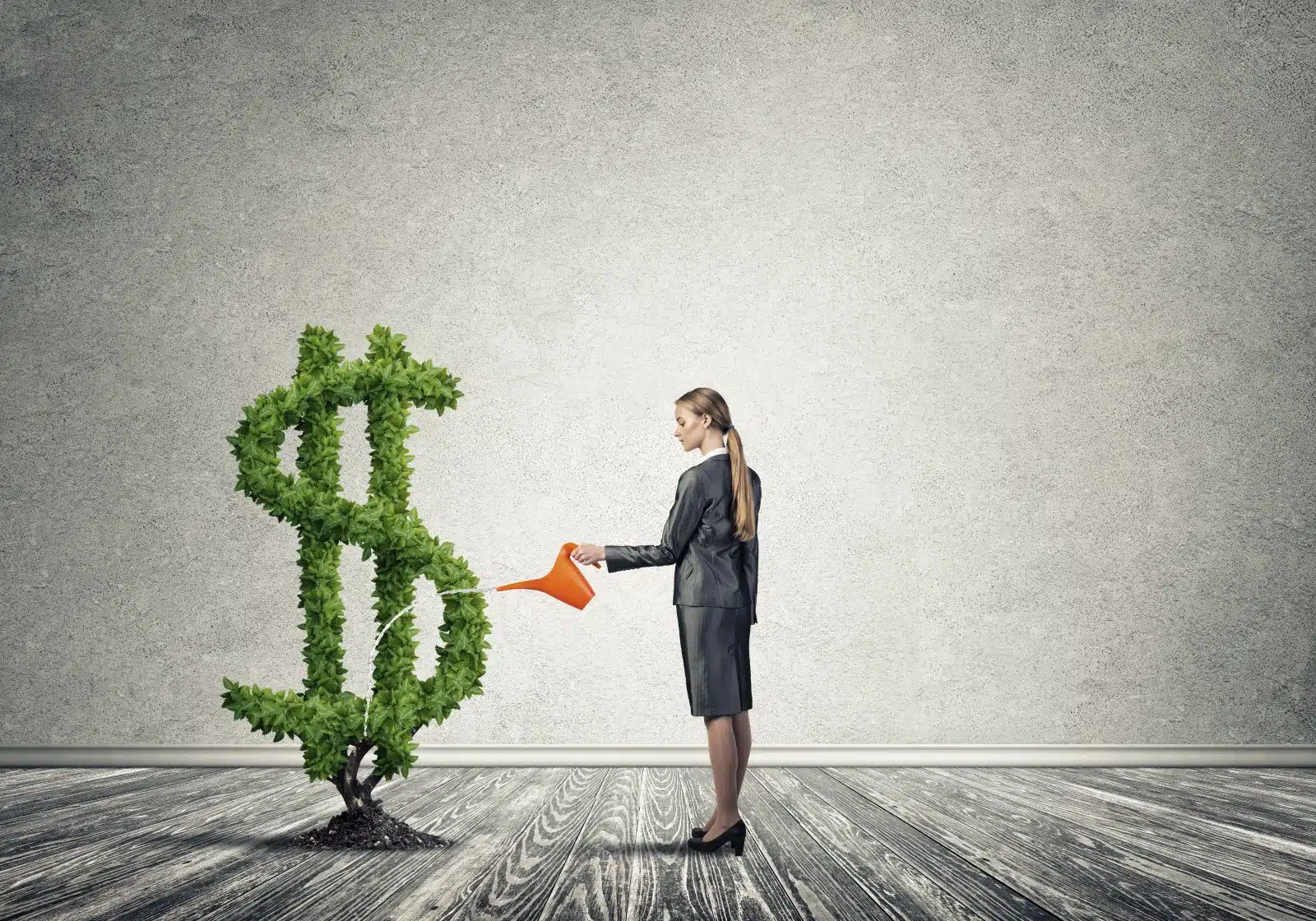
Thank you, My Life I Guess,
Linda